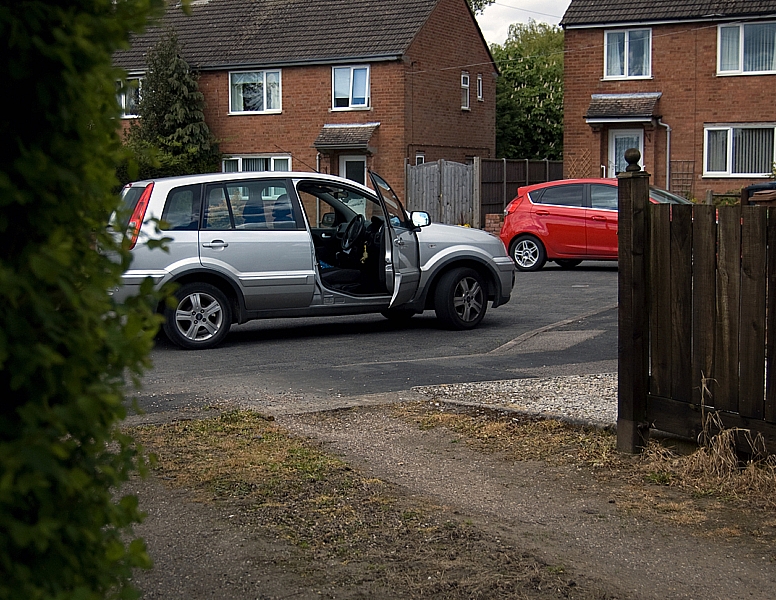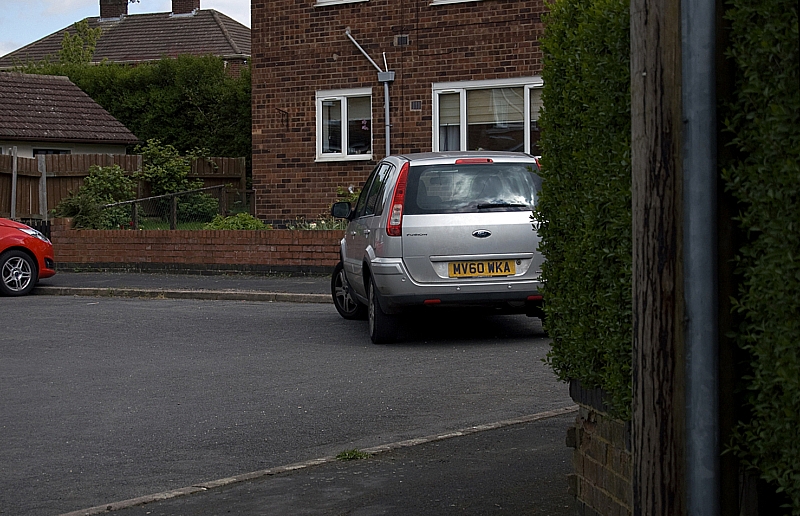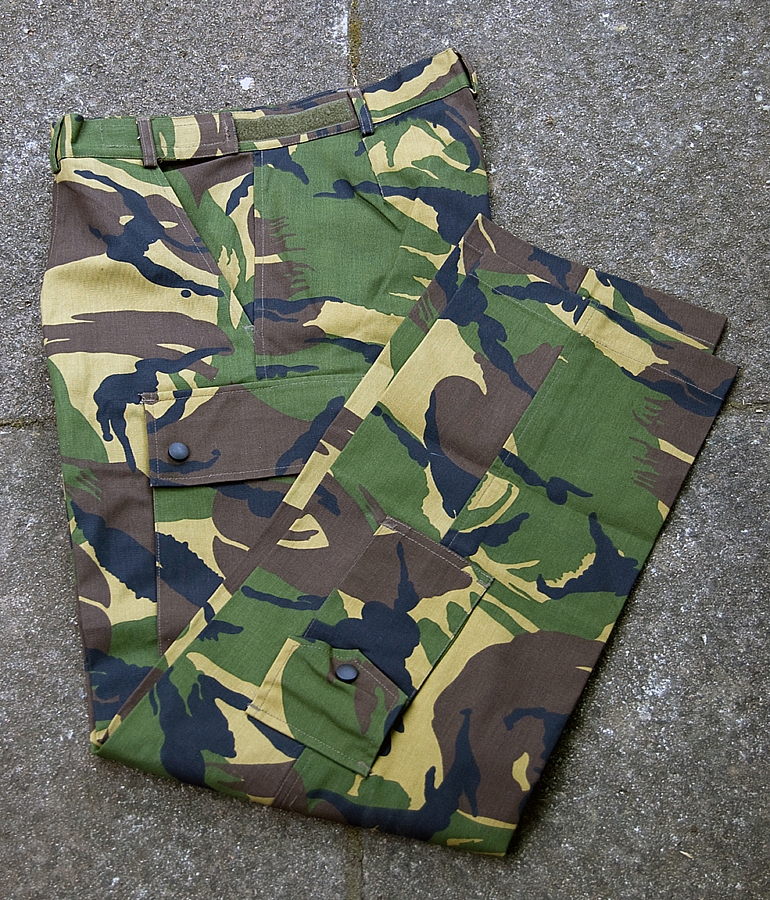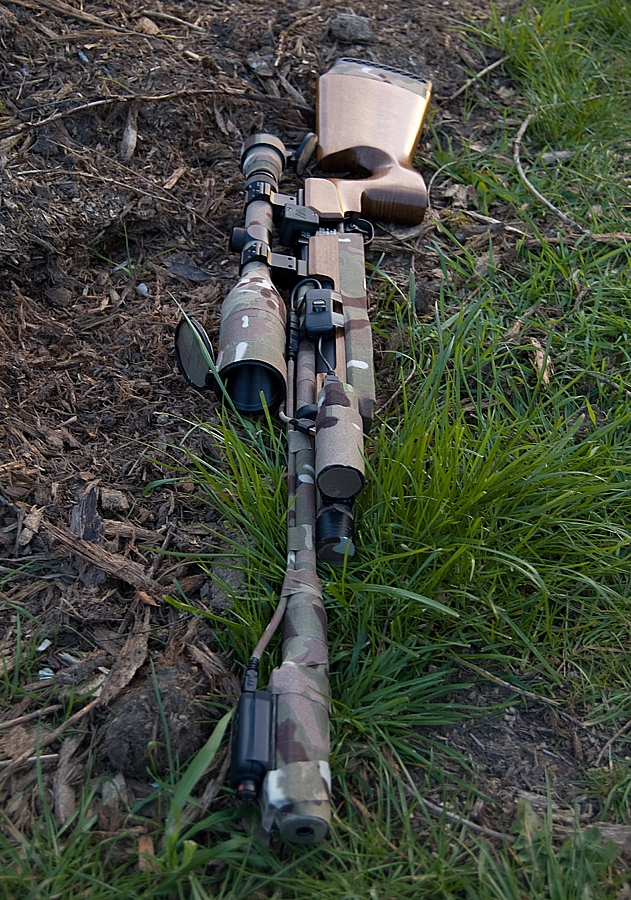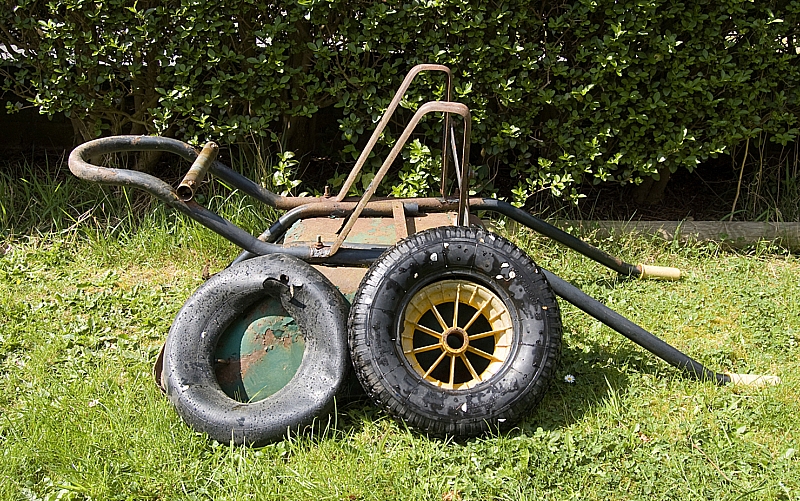A "Barrow-in-a-Box"... with only one moving part, seven components and a handful of nuts & bolts, drawing up accurate assembly instructions really ought to have been a doddle.
In an episode of madness we decided to defy male instinct and years of engineering & assembly experience. Instead, we followed the instructions to the letter, just to see how things would work out. What could possibly go wrong?
You can find the instructions here in .pdf format, but to save you the hassle I'll walk you through the odd bits.
First up - tools required. It says that I'd need a flat-bladed screwdriver for the M8 bolts which are parts 7 and 9:
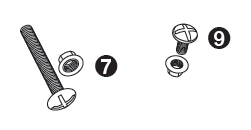
but that's bollocks, parts 7 and 9 are all Torx-headed:
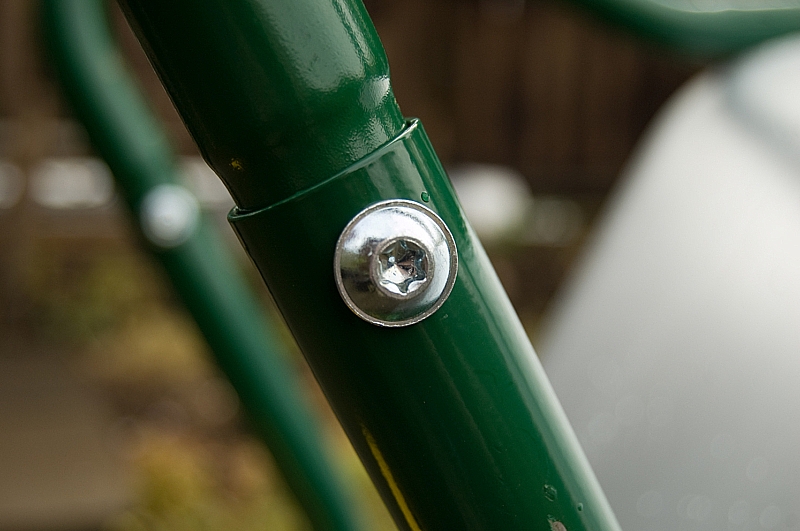
And then there are the 2-off front supports - parts 6. Whoever specced the folding of the ends of these is an idiot:
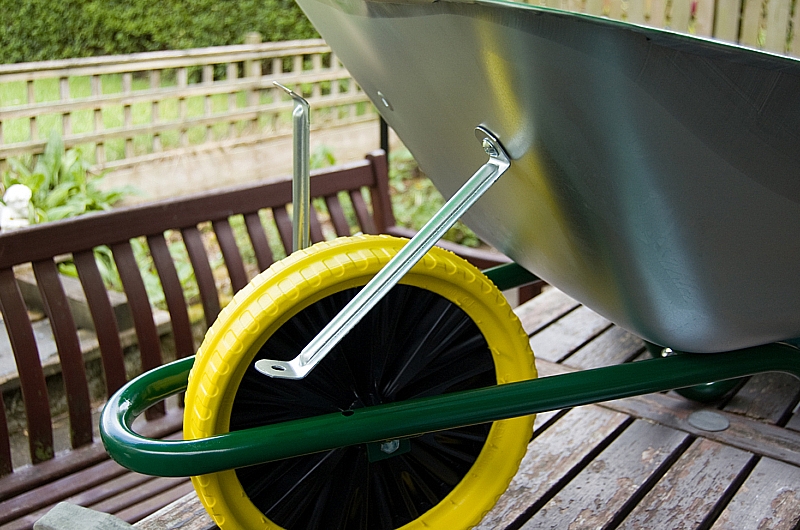
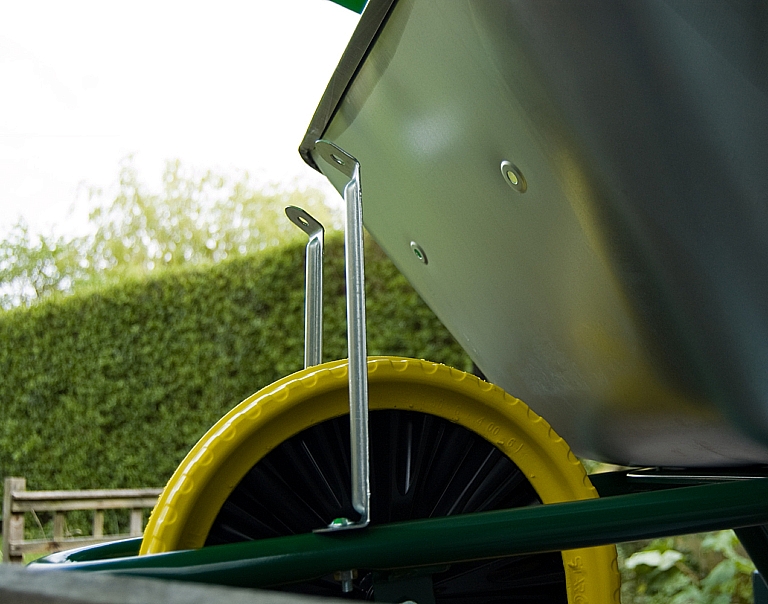
And just for good measure, whoever made those supports didn't deburr them, so they have edges like ragged razors.
Eventually we bent the supports into submission with minimal effort, tightened all of the fittings, and stood back to admire our handiwork.
It doesn't live up to the expectations I had for it being a "HEAVY DUTY BUILDERS BARROW" (yes, on the box they omitted the apostrophe). Compared to my previous barrow it's cheap and tacky even though, allowing for inflation, I paid almost twice as much for it. The old one's front support was 32mm dia 1.5mm wall powder-coated steel tube and was part of the 2-piece welded-together braced frame, this one has those 2 pressed straps which, although described as "robust", appear to have been made from compressed KitKat foil - if I can bend them easily by hand, I can't see them withstanding the rated 150kg load for very long. They are bolted to a 3-piece 30mm dia 1mm wall painted steel frame that's held together by 2 bolts and wishful thinking.
After having previously had barrows with pneumatic tyres, and after having to replace the tyres or inner-tubes every few years due to punctures or perishing, this time I opted for a puncture-proof job. I've used such barrows before and they've been fine, but this one is awful - there's no "give" or "bounce" in the tyre, it may as well have had an iron-banded wooden wheel off an old hay-cart. The axle is the shank of a long M10 low-grade steel bolt sleeved with a bit of flimsy 12mm dia steel tube, unlike the old one which had an axle of hefty galvanised 32mm dia 2mm wall tube.
The tray's pre-galv steel is a gauge or two thinner than my old one and the edges are turned but not re-turned, so there are exposed sharp and ragged edges which have already cut my hands and gloves.
And the nuts... barrows have to put up with a lot of abuse, so there's a fair chance of nuts coming loose, therefore locking-washers or nyloc nuts are what's needed, but no, here we have low-grade soft-steel flanged nuts and no washers, except for the nut on the axle-bolt which isn't even flanged.
I'm not impressed. An Eastern European migrant builder may well think it's the Bentley of barrows, but a burly Brummie brickie would probably think it's more of a Trabant.

